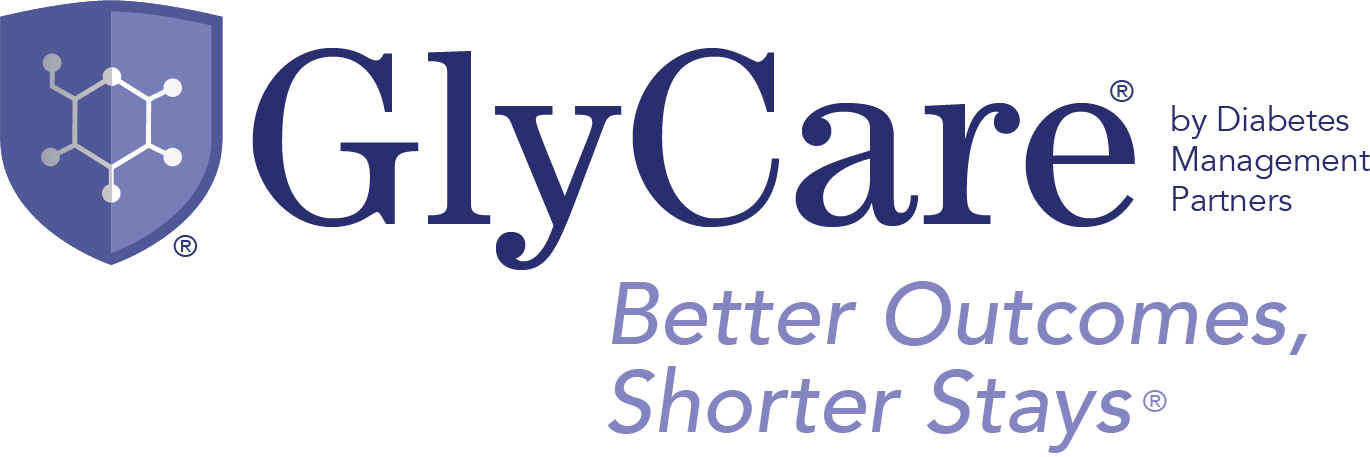Corticosteroids for COVID-19 & Hyperglycemia
The Relationship Between Corticosteroid-Induced Hyperglycemia and COVID-19
By Jennifer Peterson, DNP, APRN, LMT, FNP-BC
Dexamethasone, a corticosteroid, has become common for the treatment of COVID-19. Corticosteroids can cause hyperglycemia in patients with and without diabetes. Corticosteroid-induced hyperglycemia can be challenging but necessary to treat for the body to heal properly and to prevent further complications.
Dexamethasone is used for its anti-inflammatory and immunosuppressant effects. It was tested in the United Kingdom’s national clinical trial RECOVERY and was found to benefit patients that were critically ill. This treatment was shown to reduce mortality by one third for patients on ventilators and one fifth for patients requiring oxygen alone. It has since become a mainstay of treatment for COVID-19 along with other corticosteroids such as prednisone.
Cortiocosteroid-induced hyperglycemia in patients
Evidence suggests that more than half of patients receiving corticosteroids in the hospital will develop hyperglycemia with an incidence of 86% of at least one episode of hyperglycemia. Hyperglycemia is associated with harm events and longer lengths of stay for hospitalized patients. Treating COVID-19 is a priority for physicians; however, the corticosteroid-induced hyperglycemia may go untreated or may not be treated sufficiently enough to reduce potential harm and length of stay. A specialized glycemic management team can help in controlling glucose levels which will lessen the burden on physicians and improve patient outcomes.
How GlyCare can help
GlyCare is a team of dedicated, endocrinologist trained and supervised, diabetes mid-level providers who care for patients’ glycemic abnormalities. They work in conjunction with physicians, nurses, and staff to ensure proper blood glucose management. The team can expedite glucose control and subsequently ensure it stays within goal range. This can lessen the burden on the physicians and has proven to reduce patient harm and reduce length of stay. Patients with diabetes need proper support, guidance, and safe medication planning. Outsourcing diabetes management to GlyCare can return valuable time to the physician’s day to focus on more acute ailments such as COVID-19 while reducing harm events and length of stay for patients.
About the author
Dr. Jennifer Peterson, Nurse Practitioner, is the Director of Quality Assurance and Integration for GlyCare. She has years of experience managing diabetes for patients in the hospital and now trains other nurse practitioners to do the same. Dr. Peterson also ensures GlyCare provides high-quality services for all patients through a quality review program she created.
References
Roberts, A., James, J., & Dhatariya, K. (2018). Management of hyperglycaemia and steroid (glucocorticoid) therapy: a guideline from the Joint British Diabetes Societies (JBDS) for inpatient care group. Diabetes UK, 35(8).
Tamez-Perez, H., Quintanilla-Flores, D., Rodriguez-Gutierrez, R., Gonzalez, J., & Tamez-Pena, A. (2015). Steroid hyperglycemia: Prevalence, early detection and therapeutic recommendations: A narrative review. World Journal of Diabetes, 6(8).
World Health Organization. Q & A: Dexamethasone and COVID-19.
Learn more about partnering with GlyCare for a turn-key diabetes management service. For more information on how to incorporate either in-person or virtual diabetes management, contact us today.

